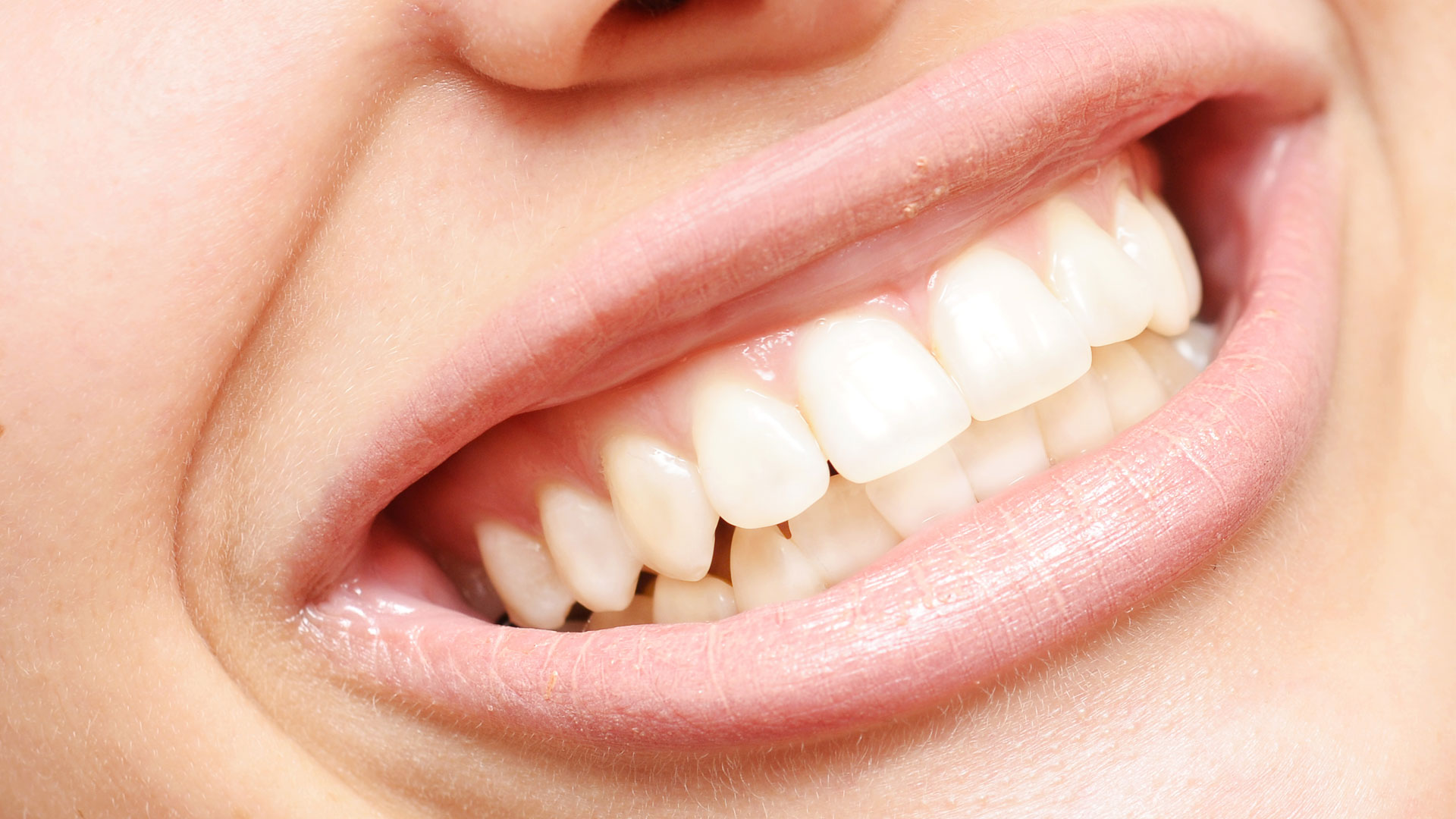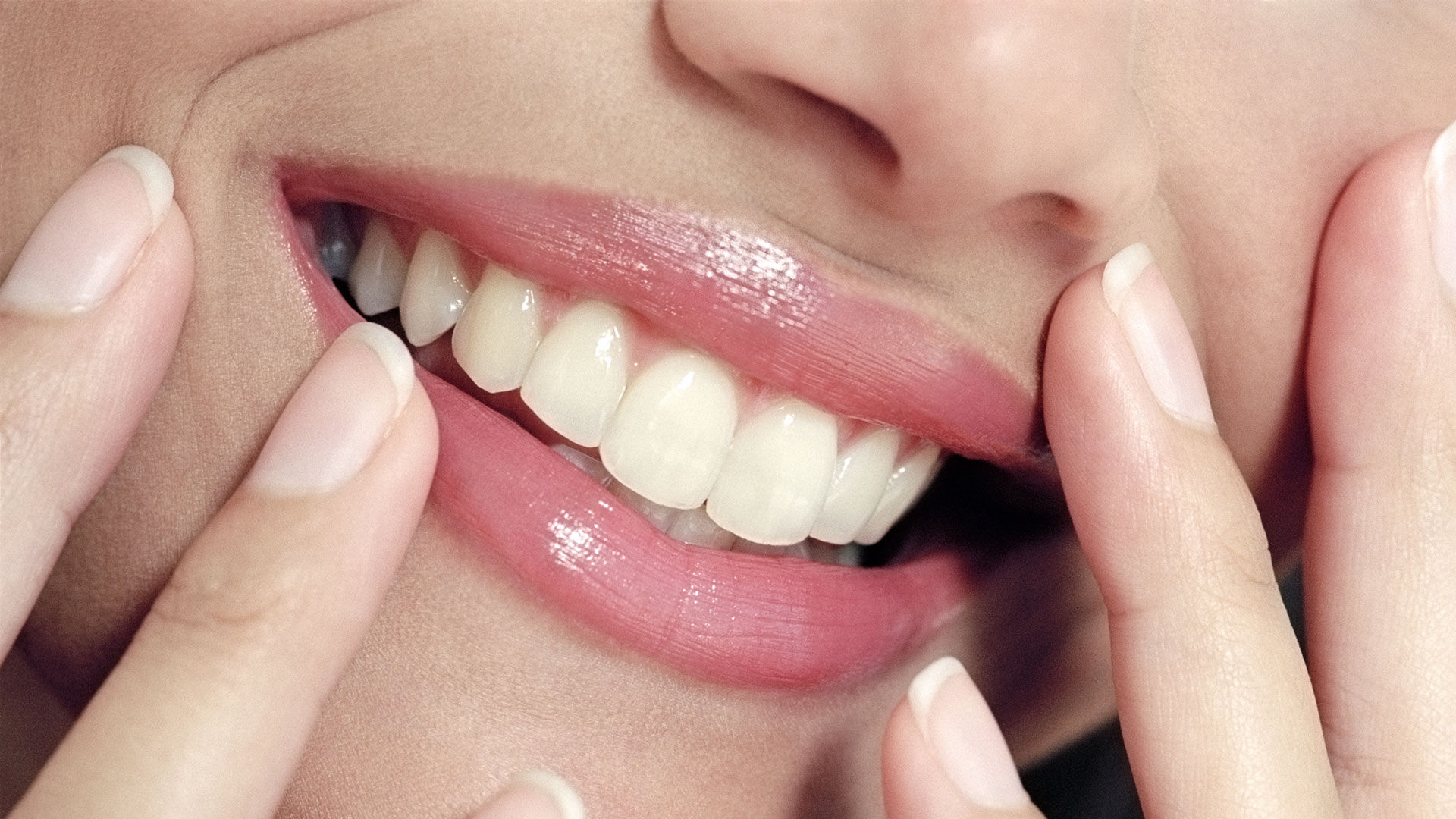How many teeth do humans have?
Just how many teeth do humans have? We take a bite out of the science to help you digest the facts.

Our teeth are vital to everyday function, but just how many teeth do humans have? While developing in the womb, babies grow all the teeth needed for their entire life - a total of 52 teeth. Baby teeth then begin to erupt at around the age of four to seven months. Once children reach the age of six, their adult teeth should begin to come through. These deciduous or 'baby' teeth are placeholders in the jaw for the larger number of adult teeth.
No matter your age, taking care of your teeth is essential in order to prevent them from falling out prematurely. You can find great deals on the best electric toothbrushes here at Live Science, but knowing how to use an electric toothbrush and how to floss your teeth are also great ways to improve your oral hygiene.
Fifty two teeth is an incredible number, but just how many of those are adult teeth? What are the different types of teeth? Why are wisdom teeth painful? In this article, we crunch the numbers and help you digest the facts behind some of humanity's greatest assets.
How many teeth do humans have as adults?
Just how many teeth do humans have once they reach adulthood? Babies are born with a total of 52 teeth. Only 20 of these are milk teeth, whereas 32 of those are adult teeth. Once you reach the age of 21, you should theoretically have all of your adult teeth set in your gums. However, this is not always the case.
According to the National Institute of Dental and Craniofacial Research, adults between the ages of 20 and 64 have an average of 24.92 remaining teeth and 3.75% of adults in this age bracket had no remaining teeth. A report by the Surgeon General supports this, stating that most Americans have lost an average of 12.1 teeth by age 50. And according to the Center for Disease Control and Prevention, 26% of older adults aged over 65 have eight or fewer teeth, while 17% of them have lost all of their teeth.

By what causes adults to lose teeth? According to the U.S. Department of Health and Human Services' report in 2000, teeth can be lost due to 'trauma, orthodontic treatment, and removal of third molars…' However, most adult teeth can be lost due to 'periodontal disease or dental caries' - also known as gum disease or cavities. Other factors such as your age, race, education level, income, and lifestyle habits all affect your oral hygiene and tooth number.
What are the different types of teeth?
Knowing how many teeth humans have is one thing, but what are the different types of teeth? Adults have four types of teeth:
- Incisors for cutting and chopping your food as you chew. They are your four front teeth (two on the top, two on the bottom).
- Canine teeth for tearing your food. Four of these can be found on either side of your incisors, with two on the top and two below.
- Premolars are large, wide teeth that crush and grind food as it is eaten. There are eight in total with four on the top and bottom jaw next to the canines.
- Molars are the strongest teeth in your jaw and work with your tongue to mash and swallow food. You have twelve in total, with six resting on each jaw next to your premolars. Four of them, your wisdom teeth, will only erupt between the ages of 17 and 21.
Each of these 32 teeth is essential for helping you chew and digest your meals properly. The CDC has proven in the past that severe tooth loss, or having eight teeth or less, "impacts the ability to eat meats, fruits, and vegetables…" This lack of teeth presents yet another challenge to having a healthy diet, and is a particular concern for those aged over 65, for whom it is more common to have eight or fewer teeth.

To take care of your teeth properly, the CDC recommends that both adults and children do the following:
- Visit the dentist at least once a year for a check-up
- Do not start smoking - or quit if you do smoke
- Limit the intake of sugary foods and beverages
- Use fluoridated toothpaste
- Drink fluoridated water
- Related: Are teeth considered bones?
Wisdom teeth: Why are they painful?
How many wisdom teeth do humans have and why are they painful? Humans tend to find that their final four molars, or wisdom teeth, erupt between the ages of 17 and 21. Wisdom teeth grow through your gums, which can be painful in itself. According to the NHS, there can be little room for the wisdom teeth to grow, which can result in them growing at an angle or only partially emerging; teeth that grow like this are known as impacted teeth. Symptoms of impacted teeth, include:
- Red or swollen gums
- Bleeding gums
- Jaw pain
- Jaw swelling
- Difficulty opening your mouth
- Unpleasant breath
Impacted teeth can cause certain issues that bring pain or discomfort. Food can get trapped around the wisdom teeth, causing a build-up of a fuzzy film known as plaque. Plaque build-up can lead to issues such as:
- Tooth decay
- Gum disease
- An infection of the soft tissue known as pericoronitis
- Cellulitis, or an infection in the cheek, tongue, or throat
- Abscesses, or a collection of pus in the tooth or surrounding tissue
- Cysts or benign growths
How to treat wisdom tooth pain
According to the NHS, conditions resulting from impacted teeth can be treated with antibiotics and antiseptic mouthwash. If you are in severe pain or find it difficult to open your mouth, it is recommended to contact a dental professional. Wisdom teeth do not typically have to be removed, but they may have to be if they become impacted or cause unnecessary pain.
Some possible remedies for wisdom tooth pain can be done at home. These include:
- Warm salt water rinses to promote healthy gums and kill bacteria
- Ibuprofen or other pain killers
- Gently brushing around the area with a small-headed toothbrush
- Eating a soft diet to reduce trauma from biting
Sign up for the Live Science daily newsletter now
Get the world’s most fascinating discoveries delivered straight to your inbox.
Chloe Page is a UK-based freelance writer and editor with a bachelor’s degree in Creative Writing from the University of Winchester. Over the span of her seven-year freelancing career, Chloe has covered various niches, including health, fitness, plumbing, entertainment, and music. Her work includes interactive fiction, blog posts, and web copy. When she’s not writing, Chloe enjoys streaming, cycling, and trying new recipes.











